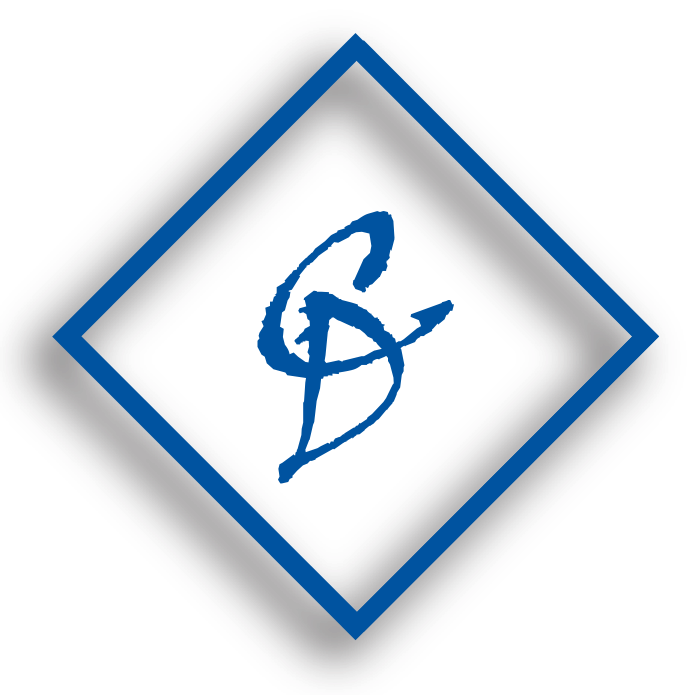In our second installment of We Love Apprentices, Amy Van Meter, Director of Talent Acquisition for ClayDean Electric, talks with Dustin, an apprentice who’s been with the company for eighteen months.
Here’s their conversation:
Amy: Dustin, as a second-year apprentice I wanted to talk with you about the trade and get a better understanding of your career path and how you came to ClayDean Electric. So welcome, Dustin. Tell me, how did you get involved in the trade? How easy was it? What were your challenges? I know that’s a lot right off the bat, but I’d like people to get a sense of what it takes to build a career as an electrician.
Dustin: The first time I ever did electrical work, I was only, 14. My uncle was an electrician. And one summer I went out to live on his farm with him and help him out; he runs his own little operation out there. And so that was the first time I ever did it was just like little house remodels and stuff. And, I kind of liked it. I mean, I was just a kid, so I didn’t really know what I was doing.
I graduated from high school in 2015. I really didn’t know what I wanted to do. I ended up going to college for three semesters, paid for a lot of it out of pocket working two jobs. I got to the point where I knew it wasn’t my path. I was going for my economics bachelor’s and I just wasn’t enjoying my classes. I thought I was spending too much money. So I dropped out and I knew I wanted to get into some type of construction because it just kind of appealed to me to work with my hands.
I had a few friends from high school that became electricians. And I started with another company some time ago; it was an eye-opener for sure. It wasn’t like any job I’d had before. Waking up early, the work was really physical. Its a really physical job. Outside, with long days in the snow. The first job I was ever on. I remember we were running an underground pipe while there was a blizzard in January. That was a huge challenge. Frozen ground, and you just don’t want to be there. But it’s nice when you get to build something and see the final product.
Amy: I love that you are telling it true, not sugar coating. How did that make you feel?
Dustin: Kind of empowered, I guess would be the word for that. I don’t know. Really it sucks sometimes when you’re working so hard and you have a shitty day and you’re just like, hurting and sweaty and tired, but it’s nice to you know when you finish a job and stand back from the parking lot and look at it and be like, “Wow!” I built that.
Amy: “I built that.” That’s amazing. That’s amazing, Dustin. So where do you see the electrical trade taking you?
Dustin: So the industry is changing rapidly. More recently with everyone switching to LED, and even more recently, all the push for clean alternative energy, you know, on a smaller scale that’s more accessible – down to residential scales and smaller businesses.
“I just think it’s exciting to be in a field that’s changing the way the whole world works.”
Amy: Yeah, we’re seeing a lot of the green energy initiatives and the way new energy through microgrid and solar, is changing in the field.
What advice would you give someone who’s considering entering the electrical trade?
Dustin: I think a lot of people still see it as blue-collar jobs. People don’t want to get their hands dirty. Or, people think that it’s not good money. That there isn’t a good future in it, but I feel, especially through this whole virus, it’s proven that electricians are one of the driving forces, behind everyone’s everyday life. Where would we all be in our houses if we didn’t our water heaters and our lights?
Amy: Now, we are using our essential voices to talk with people about the trades and let them know the electrical trade, all of the trades, are essential. Trades are essential to moving America forward, to move our state forward, our city forward, and even our neighborhoods forward. We have to have the trades.
Dustin: Absolutely.
Amy: What is your biggest takeaway from your first year in the trade?
Dustin: I guess I would say it really taught me that no one’s entitled to anything and that hard work is necessary. It makes you a better person.
Amy: What do you think the biggest challenges on the job sites are?
Dustin: It definitely varies day-to-day. And, during this virus, it’s been a real pain wearing the mask because it’s hot out and you know, sweaty. But, it’s all part of the job. Sometimes, it’s just getting in your groove and finding out what you’d like to do. I like multi-family. It’s super important, to be on top of your blueprints and know your codes. And so sometimes the mental part of it can be the hardest for sure. But, once you get over that, the physical part really, is not that bad. It all about knowledge and being comfortable with that.
Amy: So Dustin, what advice would you give someone who’s considering the electrical trade?
Dustin: Some advice I would give someone who is considering entering the electrical trade.
Don’t be afraid to get your feet wet. When you start out, it’s just a job. You can show up and do it for a week and not like it. You can quit and more or less — less power, less power to you, literally.
But, really, there’s no reason to be scared to get started. You know, the first couple of months I worked I was just in the shop. I’m just sorting parts and doing pre-fabrication work. And, I still didn’t know it was what I wanted to do for months after that. All it takes is being on the job and like learning that that’s what you’re passionate about. And that’s what you enjoy doing and thinking. I could totally do this for work for many, many years.
Amy: What’s it like being part of ClayDean Electric?
Dustin: Being an employee at ClayDean was a little different for me, coming from another company that was much larger and had a different scope of work. All the guys that I’ve worked with here, I’ve known most of them since I started. And it becomes like a really close-knit group of guys. It’s almost like a small family.
It helps to have that type of chemistry when you show up and do hard work every day. You just get along with the guys that you work and you’re on the same page about what needs to be done makes a difference.
It’s totally different than just being told what to do. It is so much better when you can have a conversation about it and figure out how to tackle challenges together as a group.
Amy: So you work well with everybody and if somebody’s struggling do people come alongside that person and help them out?
Dustin: Yeah, after give‘in him shit.
We all help each other out. If people need help doing their tasks, we’ll go help people do their thing and let them help us do our thing. It’s all give and take, you know what I mean? Cuz, we all got the same goal to get this building done and build it right.
ClayDean’s podcast, Table26
Hear more from Amy and the rest of the crew on ClayDean’s podcast, Table26. In the latest episode, we’ve got ClayDean chief Adam talking passionately about apprenticeships as a way to earn a good living and learn things like data science (yes, opportunities in data science in the trade), instead of piling up student loan debt. And Will Owen is on the mic talking about showing up for his journeyman interview in a suit because that’s what you do in England, where he’s from. You’ll also hear more from Bayaud Enterprises’ Tammy Bellafatto, who joined us in episode 2, on how community partners work together, which is something especially important in these times.
Interested in an apprenticeship with ClayDean Electric? Here’s how to apply.


